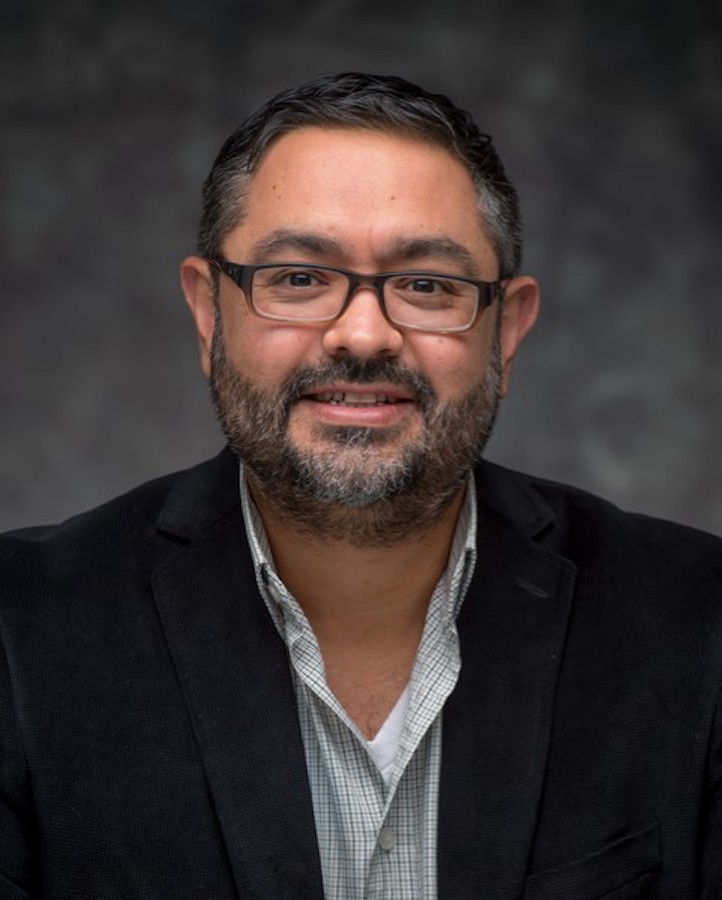 About the Episode:
About the Episode:
Interviewed by Kellogg PhD Fellow Victoria Basulto, historian Jaime Pensado discusses his recently published book entitled “Love and Despair. How Catholic Activism Shaped Politics and the Counterculture in Modern Mexico.” The book explores how progressive and conservative Catholic actors were invested in state repression, youth activism, and counterculture in Cold War Mexico.
Show Notes:
Welcome to Global Stage, a podcast highlighting academic and policy-oriented international research on democracy and human development. Global Stage is brought to you by the Kellogg Institute for International Studies, part of the Keough School of Global Affairs at the University of Notre Dame. Your host today is Kellogg PhD Fellow Victoria Basulto.
She is joined by Kellogg Faculty Fellow Jamie Pensado, associate professor of history at the University of Notre Dame, specializing in modern Latin American history with a particular emphasis on student politics, youth culture, the Cold War, and the global sixties in Mexico. Today, we discuss his latest book, Love and Despair: How Catholic Activism Shaped Politics and the Counterculture in Modern Mexico, published in June 2023 by the University of California Press.
Jaime’s first book, Rebel Mexico: Student Unrest in Authoritarian Political Culture During the Long Sixties, published in 2013 by Stanford University Press, covers the same period of Mexican history that we see in his latest release. To begin, he shares how these projects build off of one another. In his first book, he explored student activism in relation to political violence and was surprised by the overwhelming support the Mexican president received from Mexico’s conservative society. He realized that historians had not really delved into the ways in which Catholics made sense of, and contributed to, the 1960’s radicalism and countercultures.
Overwhelmingly, the history of the 1960s is talked about through a leftist lens. Initially, the focus of the counterculture was to spread love in hopes that circumstances could improve socially and politically. However, as the 60s progressed, more disgruntlement, divisions, and anxiety (which often manifested as despair) began to emerge. A pivotal moment of despair in Mexico was the student massacre in Tlatelolco Plaza on Oct. 2, 1968. In the book, Jaime frames the timeframe as a polarization between love and despair, and the core desperation for liberation.
As a global institution, it’s impossible to analyze the Catholic Church in a national vacuum. Similarly, the scholarship on the Cold War in Latin America has been almost too emphasized in its relationship to the US. It was by including the Catholic Church in his research that Pensado was able to include the European influence in that story. A conclusion of the book is that historians must look beyond Mexico City in 1968 to truly understand the culture of the time. From there, readers are exposed to the vast Mexican history that has yet to be written. To properly address it, there must be a genuine effort to understand how Catholic citizens conceived of the times.
Links:
- Learn more about Jaime Pensado.
- Learn more about his book Love and Despair: How Catholic Activism Shaped Politics and the Counterculture in Modern Mexico
- Learn more about the Kellogg Institute for International Studies.
Listen
Listen below, ask your smart device to “play Global Stage Podcast,” or find us on:
Apple | Spotify | Stitcher | iHeartRadio | TuneIn





